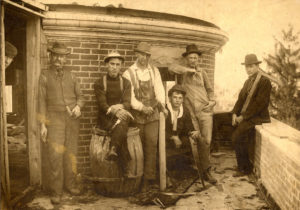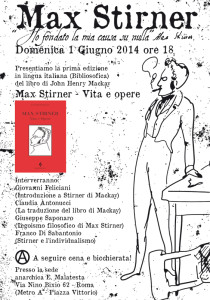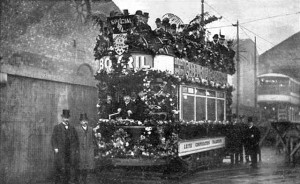Max Stirner
How happy I was as a child to lie on green fields and look up into blue skies. The sweet smells of Spring would waft through the air as dreamed of my bright future. I dreamed of becoming a great man. I would throw fistfuls of gold out of my carriage and masses of poor and stunned people would worship me. I would build fairy palaces and alhambras. Rosy girls would attend to my every need in flowering gardens. Had I been able to throw myself directly into the work force I should have indeed become a rich and famous man. But alas, I would have only have had the possibility of becoming it, and was therefore not a great man. — Afterall who does not feel great Hope fill his breast? Whose heart does not ache with sweet impatience when he reads page after page about the great things the German people could do and about how everything could potentially become? Yes, we are referred to the following quote: “Hegemony: the German nature carries the stamp of intellectual supremacy and is uniquely blessed with an abundance of talent.
Continue reading You only have the courage to be destructive









